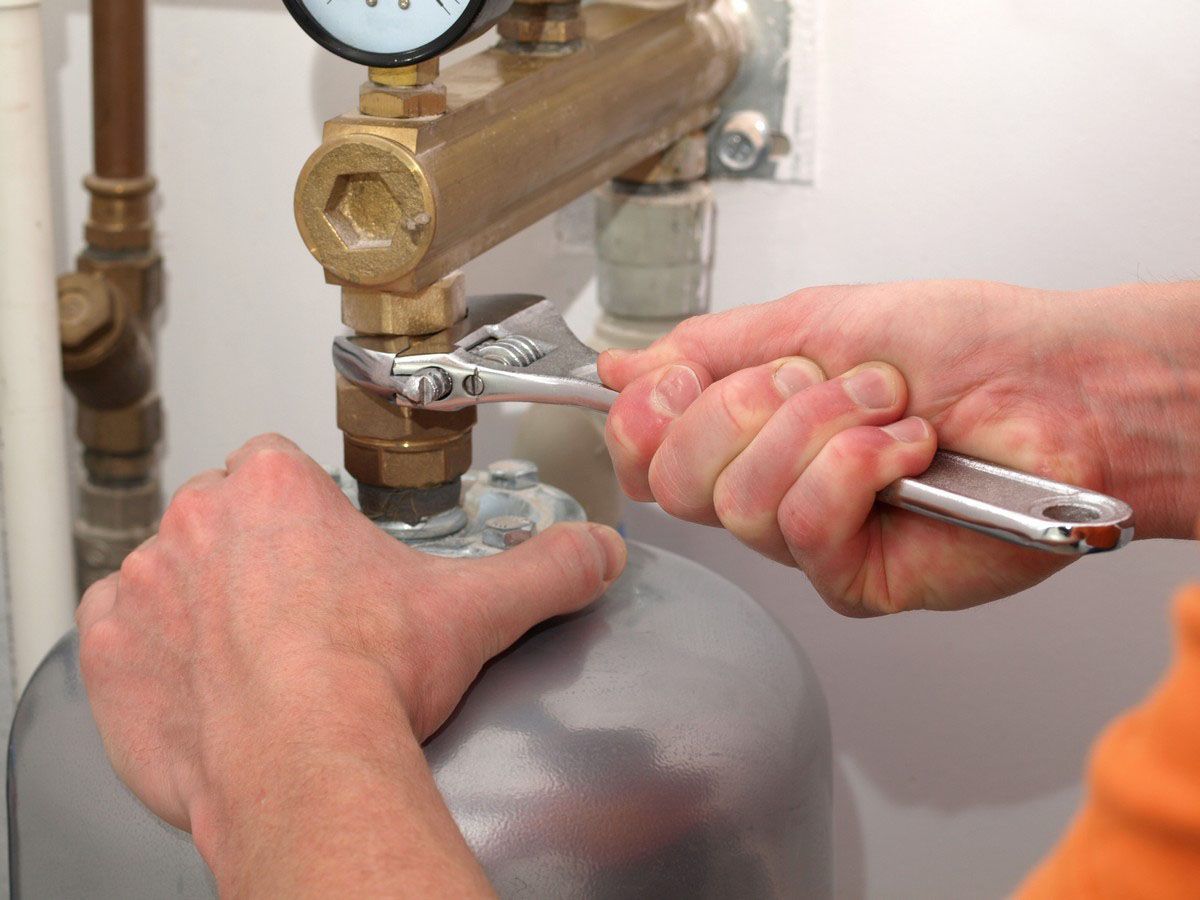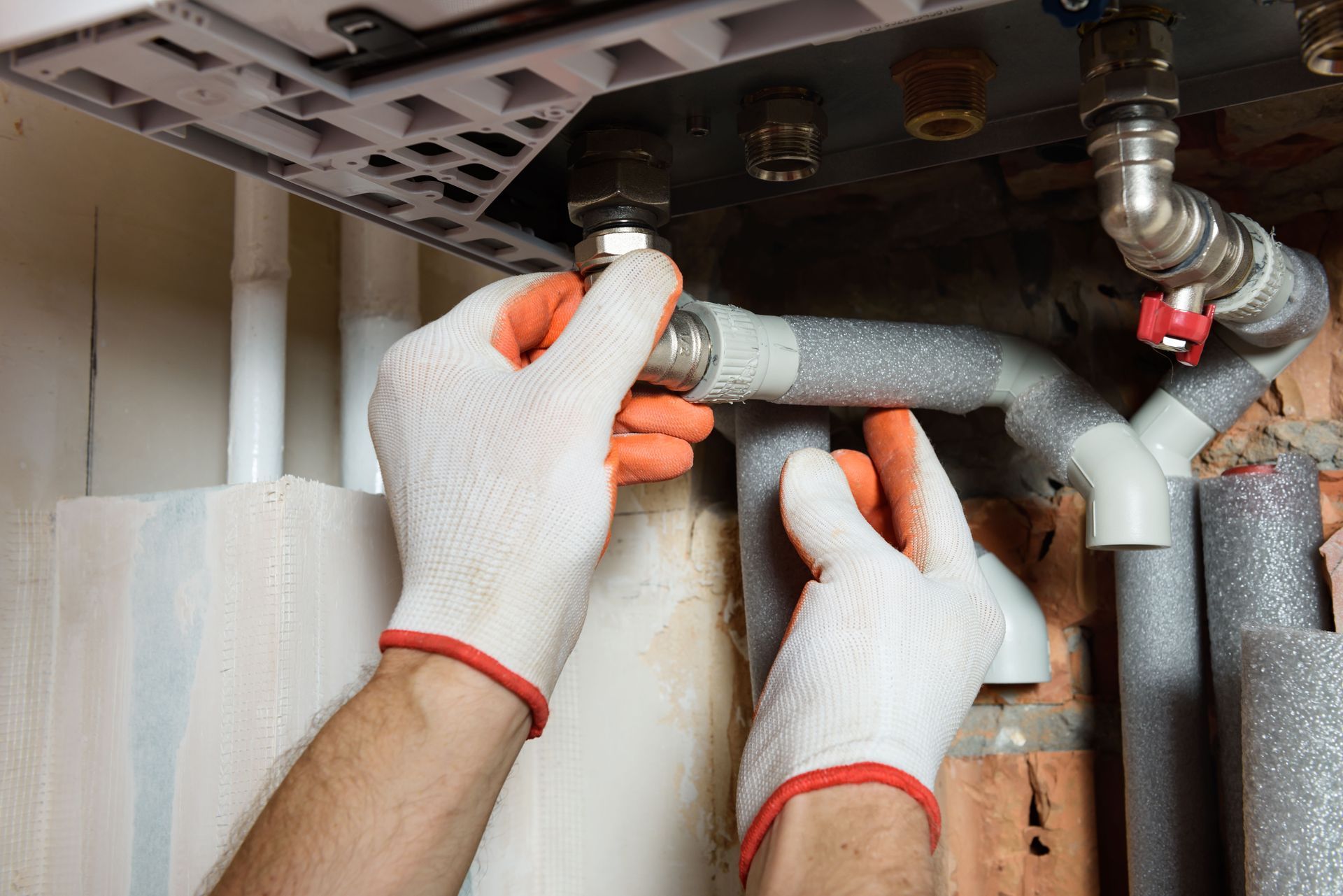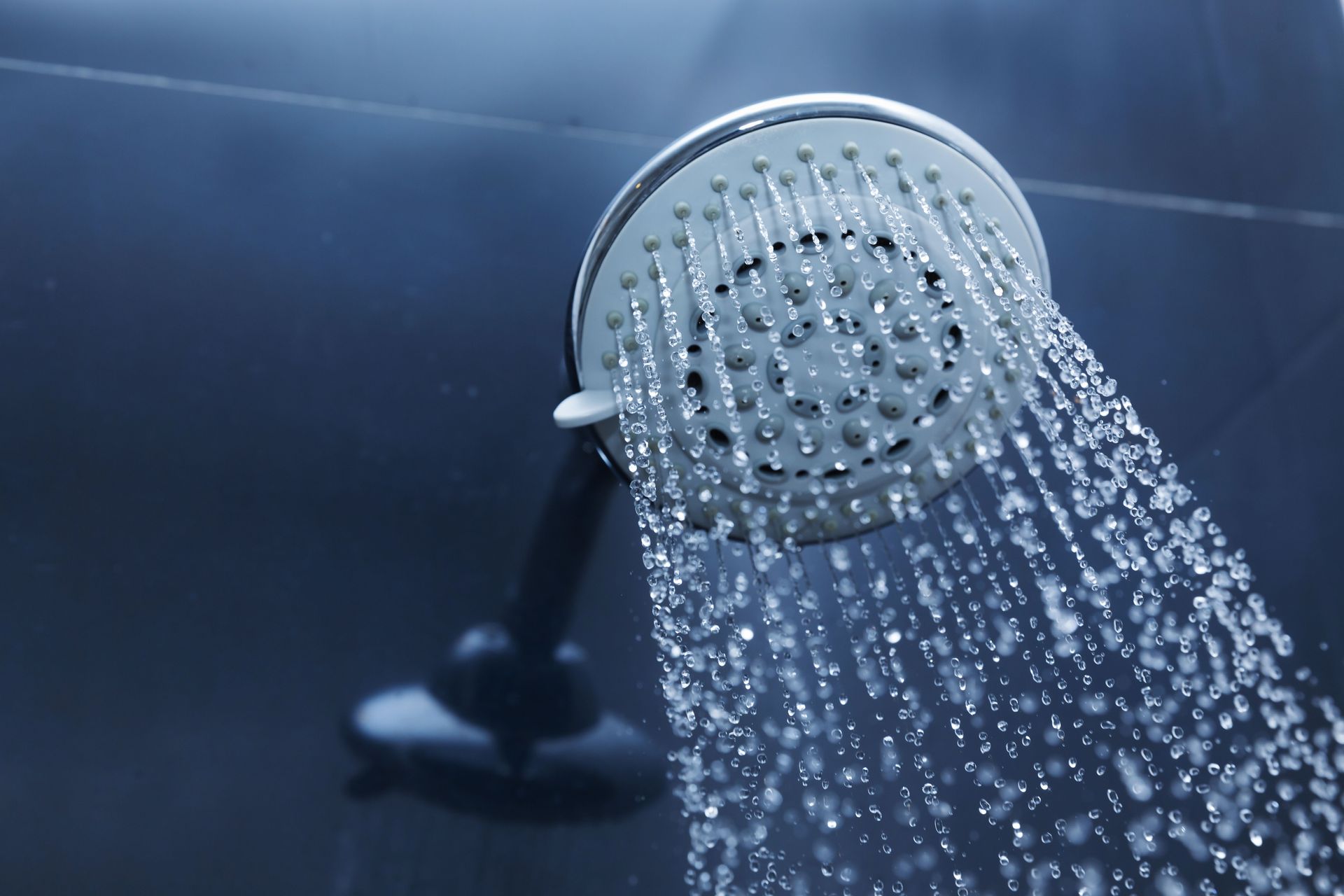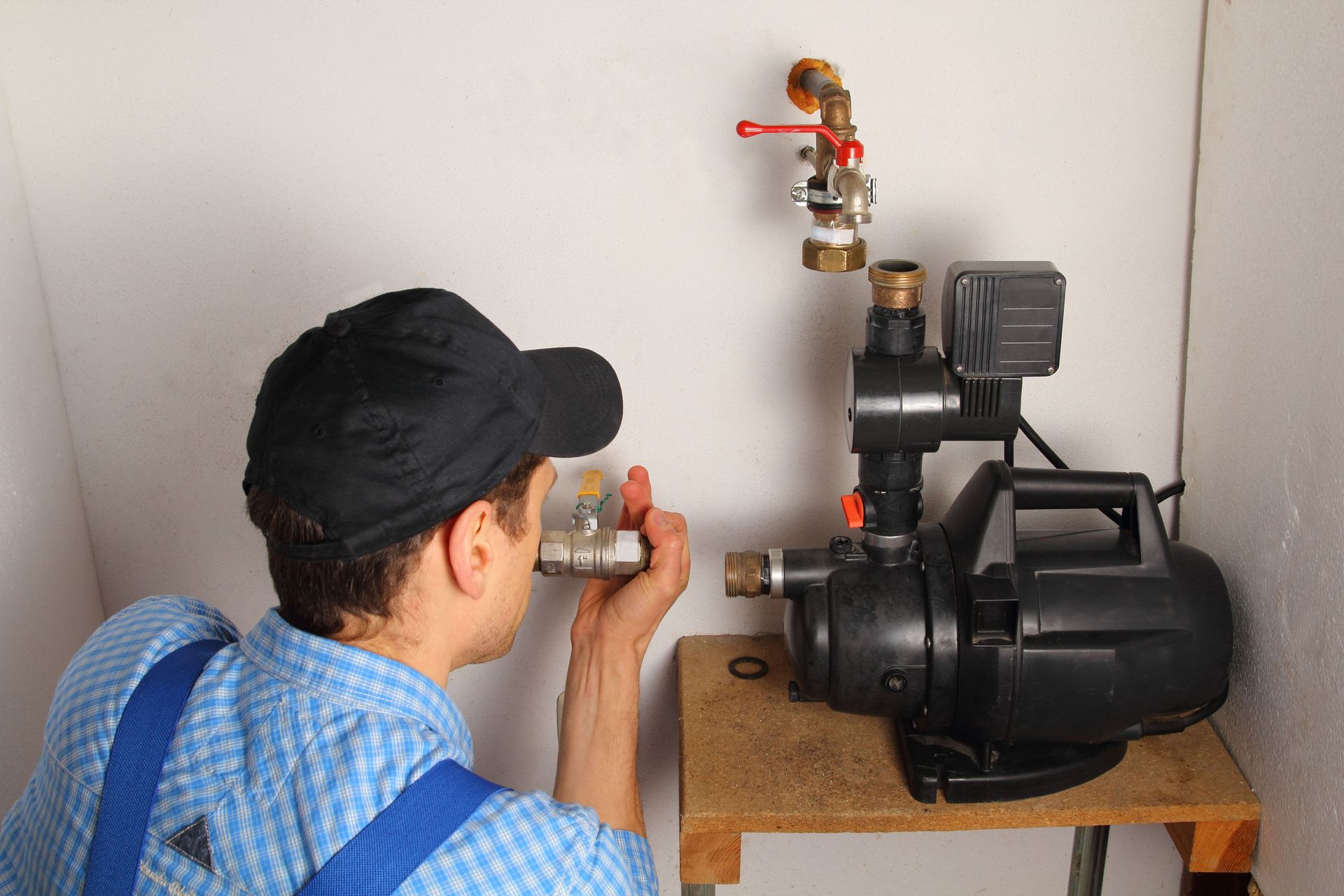6 Signs Your Water Heater Needs Immediate Repair
A functioning water heater is essential for daily comfort and convenience in any home. However, when it starts to malfunction, it could lead to a series of problems. Recognizing the warning signs early can save you from costly repairs and major inconveniences. This article outlines the key indicators that suggest you need an immediate water heater repair. Being observant can contribute to maintaining the integrity and efficiency of your home's water heating system.
1. Inconsistent Water Temperature
Inconsistent water temperature is one of the first signs that your water heater may be in trouble. If you notice that your shower suddenly alternates between scorching hot and freezing cold, it could indicate a malfunctioning thermostat or heating element. This inconsistency can stem from sediment build-up, affecting the water heater's ability to heat water evenly. Moreover, fluctuating temperatures can arise from a failing dip tube, which is responsible for directing cold water to the bottom of the tank. Addressing these issues early with a water heater repair service can prevent potential safety hazards in your home.
Another frustrating issue homeowners face is a lack of hot water supply. According to Today's Homeowner, water heaters typically last between six and 20 years, depending on the type, and may stop working for various reasons. Therefore, if you frequently run out of hot water, it might be one of the many reasons that your water heater is struggling to meet the demand. This could result from an insufficiently sized tank for your household's needs or the heater's inability to properly heat water. It is essential to ensure your water heater matches your usage requirements to maintain comfort and efficiency in your home. Understanding your system's limitations can help you determine whether it's time for a replacement or an upgrade.
2. Unusual Noises from the Tank
Unusual noises coming from your water heater tank, such as popping or rumbling sounds, can be disconcerting. These sounds often result from sediment buildup at the bottom of the tank. As the heating element heats the water, the sediment causes mini-explosions within the tank, leading to popping noises. Regular flushing of the tank can prevent sediment build-up and the associated noises. Failure to address this issue can diminish the water heater's efficiency and potentially damage the unit over time.
Hissing or sizzling noises from your water heater might indicate a leak in the system. These sounds usually occur when the heating element comes into contact with water that has escaped due to a leak or poor fitting. Leaks around electrical components can pose a safety hazard and should be inspected by a professional plumber immediately. Prompt action not only ensures the efficient operation of your water heater but also maintains the safety of your home. Ignoring these sounds can lead to further system complications and a costly water heater repair.
3. Discolored or Rusty Water
Discolored or rusty water when using hot water taps is a significant red flag that your water heater needs attention. This issue often suggests corrosion inside the heater tank or within the piping system. As rust and sediment accumulate, they start to discolor the water, making it unsafe for consumption and affecting the appliance's performance. Regular flushing and timely replacement of the anode rod can help prevent these issues. Ensuring the tank's internal protection can significantly prolong its service life and maintain water quality.
If you observe rust flakes in your hot water, it may indicate an advanced stage of internal tank corrosion. This rust not only contaminates your water but also weakens the structural integrity of the heater. Over time, the tank might develop leaks, leading to further complications and potential water damage in your home. Temporary discoloration may sometimes occur due to disturbance in the water lines, but consistent rusty output is a sign that professional inspection is necessary. Addressing problems at the onset can prevent escalation into more severe and costly issues.
4. Leaks Around the Water Heater
Leaks around the base of your water heater often signal serious underlying issues requiring a water heater repair service. Puddles of water forming near the heater can indicate a compromised tank or faulty plumbing connections. Over time, pressure within the tank or external factors might cause cracks or corrosion, leading to water seeping out. It's crucial to address these leaks immediately to prevent water damage to your home and further deterioration of the heater. Regular inspections can identify leak-prone areas and mitigate the risk of extensive damage.
The presence of moisture or dampness in the area surrounding your water heater can suggest slow leaks or condensation problems. This issue could arise from faulty seals or breaches in the heater's outer structure. Additionally, slow leaks might not be immediately visible but can cause long-term damage and mold growth in your home. Examining for signs of moisture can help detect these problems early, ensuring both the longevity of your water heater and the health of your household environment. A professional assessment can provide targeted solutions to address such issues.
5. The Age of Your Water Heater
Determining the age of your water heater is crucial in assessing its condition and planning for eventual replacement. Most manufacturers encode the manufacture date in the appliance's serial number, typically located on the unit itself. Understanding this date helps ascertain if your heater is nearing the end of its lifespan. In our experience, as previously mentioned, water heaters generally last between six and 20 years, with performance tapering off toward the latter years. Knowing when your unit was manufactured can guide maintenance and replacement decisions effectively.
Our experts recommend considering the replacement of water heaters that are between 10 and 15 years old. Beyond this age, the efficiency of a unit declines significantly, and the risk of a complete breakdown increases. Older heaters may consume more energy, resulting in higher utility bills and making them less environmentally friendly. Evaluating the cost of a water heater repair service, the frequency of repairs, and the inefficiency of aging components can help you decide if a new, more energy-efficient model is a better investment. Proactive replacement ensures uninterrupted service and modern technology benefits.
6. Frequent System Repairs
If you find yourself frequently repairing your water heater, it might be time to consider replacing it. Repeated issues with heating elements, such as burnt-out elements or persistent thermostat problems, signify underlying inefficiencies within the system. Each water heater repair might seem minor individually, but recurrent issues can accumulate, leading to a significant investment over time. High frequency of component replacements, such as valves and pressure relief components, disrupts daily life and indicates declining unit health. Investing in a new unit can often save money in the long run compared to continuous repairs.
Unresolved problems despite regular maintenance can also point to a water heater that's on its last legs. Even with diligent upkeep, components have a finite lifespan and will eventually need replacement. If issues persist after following preventive maintenance measures, they might indicate fundamental design flaws or age-related degradation that can't be easily rectified. Such persistent problems further exacerbate operating costs and inconvenience, justifying the need for a new, more reliable system. Ensuring reliable hot water access without repeated professional intervention restores household comfort and efficiency.
Addressing water heater issues promptly is crucial to maintain your home's functionality and safety. If you observe any of the signs discussed, it is wise to consult a professional plumber to diagnose and resolve the issue. Regular maintenance and timely intervention can extend the lifespan of your water heater and ensure a consistent supply of hot water. These practices not only preserve your asset's value but also offer peace of mind through reliable and efficient home utilities. Ultimately, being proactive about scheduling a water heater repair service saves both time and money, enhancing the overall home experience. Contact us at Grossman Plumbing and Heating today!







Share On: